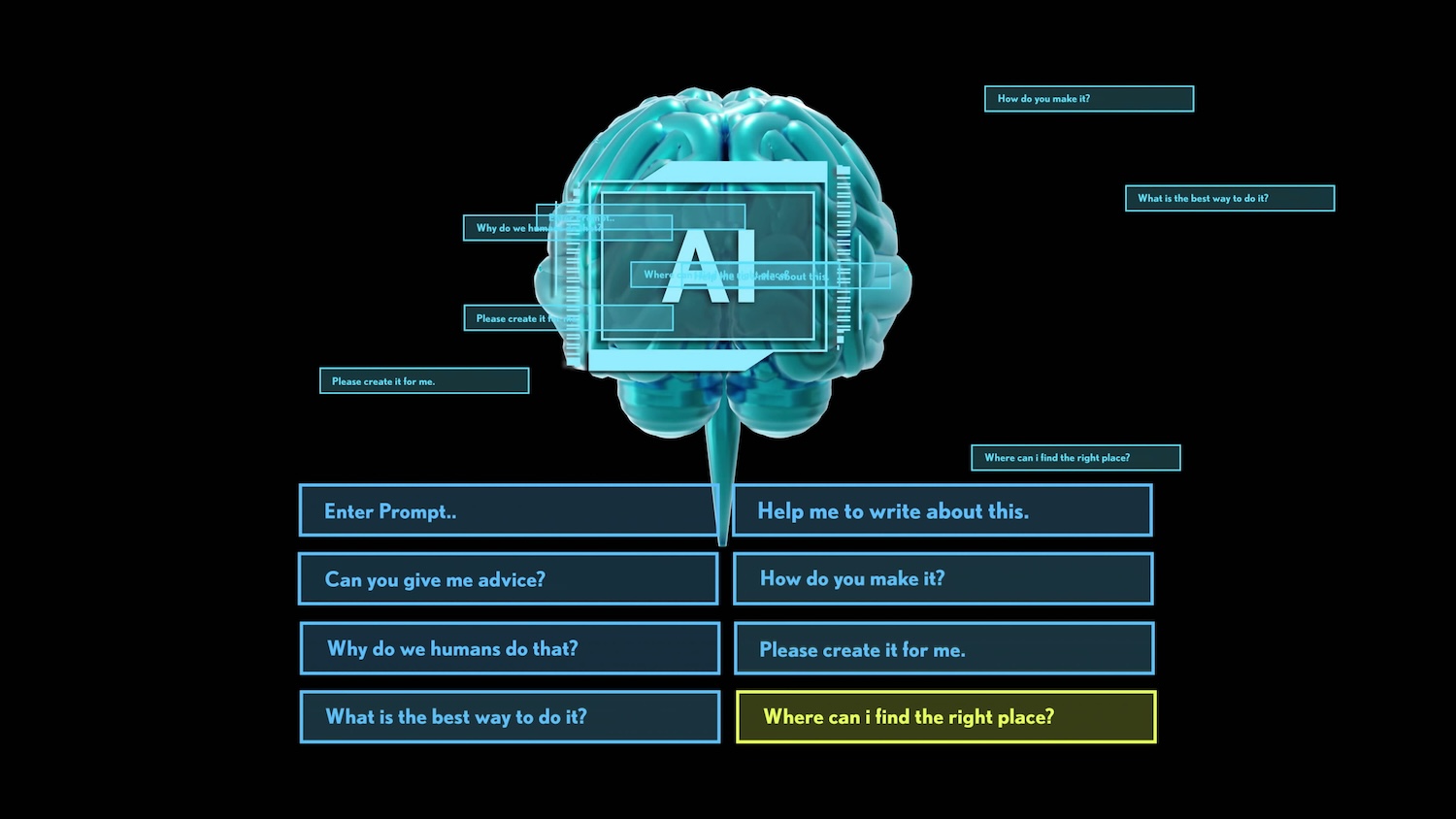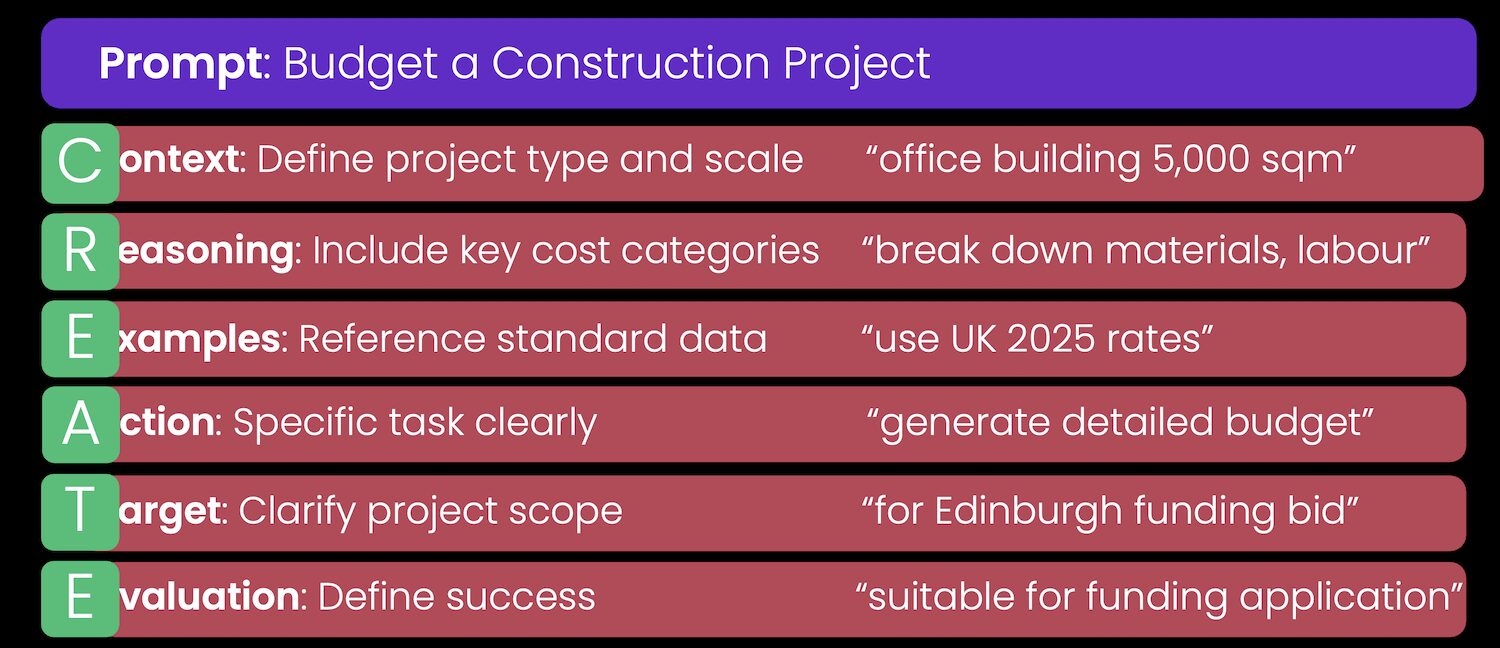
Be blunt with AI and help save the planet
Stop being polite in AI prompts: you’ll reduce the environmental impact of data centres and you’ll get a better result. That was Okana associate Andrew Johnson’s message at the Women in BIM conference in Edinburgh on 8 July.

In a presentation entitled ‘Manners cost nothing… or do they?’, Johnson reminded the audience of Mark Zuckerberg’s plea earlier this year: “[He] said ‘please stop being nice to our large language models because you’re costing us a fortune’.” The extra words included in polite prompts cause data centres serving AI platforms to work harder.
Given that data centres use vast amounts of water for cooling – Johnson quotes 7,100 litres of water per MWh – AI users can reduce data centre workload by cutting the waffle from their prompts and help to minimise data centres’ environmental impact.
Johnson emphasised that AI uses tokens. Every word, or part of a word, takes up space in the AI’s short-term memory – typically every four characters in English is one token. OpenAI provides a ‘tokeniser’ that allows the user to key in their prompt and see how many tokens their prompt costs.
Johnson offered the example of this prompt: Could you please summarise the BIM checklist for me? That’s 52 characters, or 11 tokens. He then offered this simpler, less polite prompt: Summarise BIM checklist. That’s 23 characters and just five tokens.
He suggested that the simpler the prompt, the more impactful the output. He ran the two prompts above: the polite, long-winded prompt produced a longer answer that included emojis (“because it wants to flatter you,” Johnson noted), while the output from the simpler prompt included more recommendations.
Johnson said: “There are three rules: be direct – use your verbs [such as] summarise, create, explain, list, recommend and loads more; be specific; and be fluff-free – remove all the ‘justs’ and ‘pleases’ and the ‘thank yous’ – the AI doesn’t care. You’ll get a better response.”

He highlighted the CREATE better prompts framework (above), designed to make prompts clear, structured and effective. CREATE stands for: context; reasoning; examples; action; target; and evaluation.
He concluded: “Clarity is the new courtesy. Be polite to people, be clear to machines.”
Keep up to date with DC+: sign up for the midweek newsletter.







